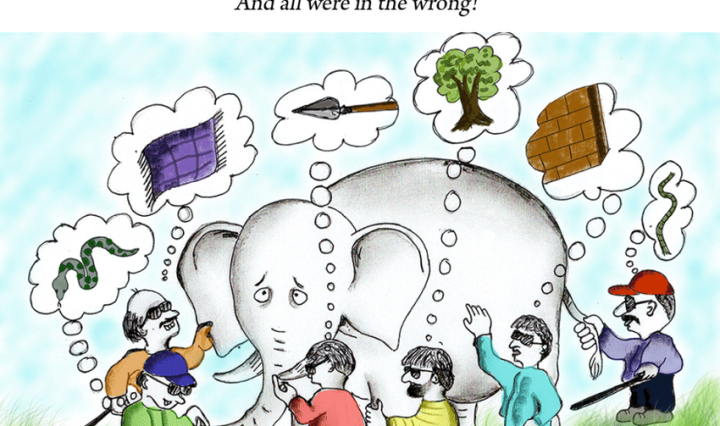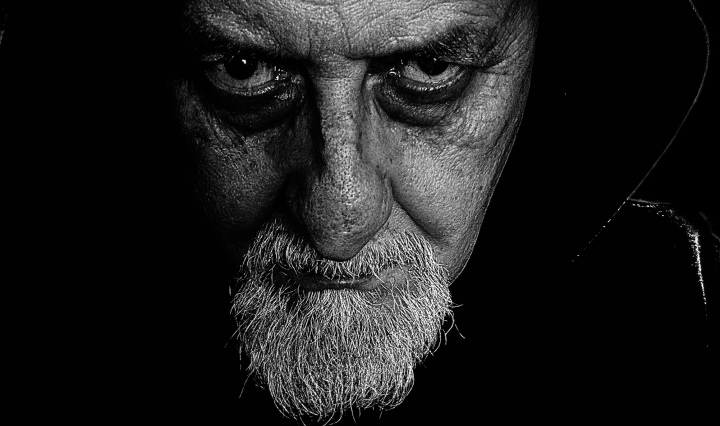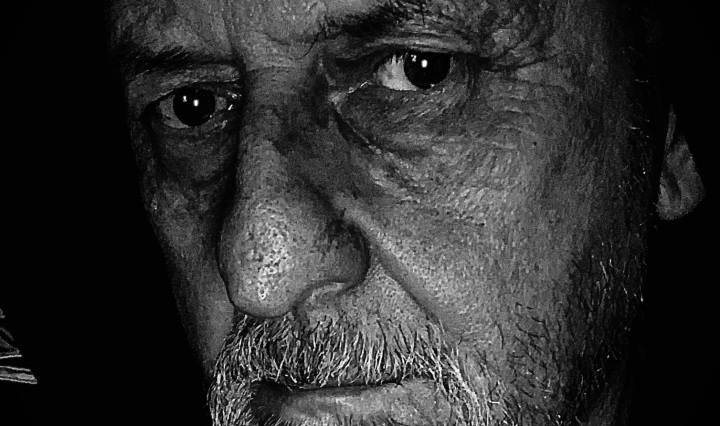 Sticky post
Sticky post
Welcome To My Blog
My name is Steve Rowe and I have practiced martial arts for 50 years, I am Chief Instructor to Shi Kon Martial Arts International and have written books, articles for magazines and blogged for many years. There are about 400 … Continue reading Welcome To My Blog










